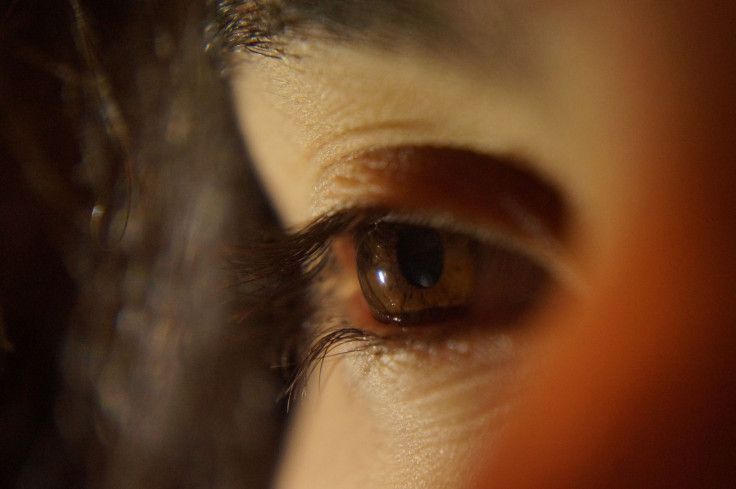Vitamin B12 Deficiency: Watch Out For These 3 Warning Signs In Your Eyes

KEY POINTS
- More than 40% Americans suffer from vitamin B12 deficiency
- Animal food sources and supplements are the only sources of Vitamin B12
- Eye symptoms like twitching, blurred vision and jaundice could be warning signs of vitamin B12 deficiency
About 40% of Americans suffer from Vitamin B12 deficiency and it is reported that dietary factors might not be the only cause for this.
Eye symptoms of Vitamin B12 deficiency to watch out for Jaundice (yellow tinge), Eye twitch and Blurred vision
When you lack vitamin B12, your eyes are likely to appear pale or with a slight yellow tinge to the whites and skin. This happens when lack of this vitamin leads to issues with your body’s red blood cell production, says Healthline.
You might experience eye twitching or eyelid spasms when you lack this nutrient. Eye twitching isn’t a voluntary bodily action and can also occur due to allergies, dry eyes, or excessive alcohol consumption, NDTV reported quoting nutritionist, Dr. Rupali Dutta.
Deficiency of this vitamin can affect your vision since it affects your nervous system; it often results in optic nerve damage as well. Supplements can be used to treat these symptoms effectively. In rare cases, cobalamin deficiency leads to optic neuropathy characterized by progressive, bilateral and painless vision loss.
Cobalamin is vital for overall health. It helps in DNA synthesis as well as the production of red blood cells. Since the human body doesn’t produce this vitamin, you have to get it from animal-based food sources or supplements. And since the body doesn’t store the vitamin for a long time, you should be doing this on a regular basis, says WebMD.
The daily recommended amounts of vitamin B12:
- Infants 6 months of age: 0.4 mcg
- 7-12 months of age: 0.5 mcg
- Children aged 1-3: 0.9 mcg
- 4-8 years old: 1.2 mcg
- 9-13 years old: 1.8 mcg
- Teenagers and adults: 2.4 mcg
Most Americans get enough of this vitamin from their food. But if you are in doubt, consult your doctor to test for vitamin B12 levels. You might be at risk of this vitamin deficiency if you are old, have had weight loss surgery or other surgical procedures that involved the removal of a part of your intestines, or if you are an alcoholic. Other health conditions including pernicious anemia, atrophic gastritis, Crohn's disease, celiac disease, etc., could also be a significant factor in this nutrient deficiency.
© Copyright IBTimes 2025. All rights reserved.






















